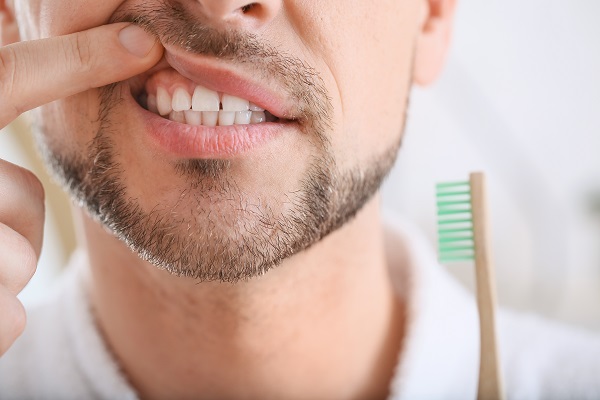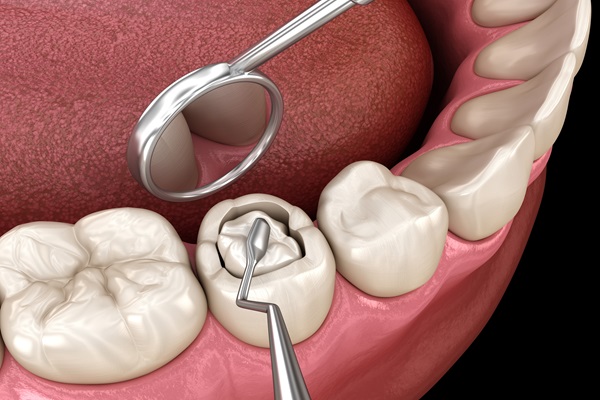General Dentistry: What to Expect During a Teeth Cleaning

Curious about what happens during a teeth cleaning at a general dentistry office? Read on to learn more about what to expect during a professional dental cleaning. You may be aware that the dentist cleans your teeth and examines your mouth for signs of oral issues, but you might not know the exact steps involved. People who are anxious about dental visits can be more comfortable if they know what happens during a dental cleaning.
The importance of dental cleaning
There are two primary reasons to get regular dental cleanings: to avoid disorders that affect the rest of the body and to prevent tooth loss. The mouth endures a lot of stress from chewing and talking throughout the day. The dental professional removes plaque and tartar from the teeth during a dental cleaning. Gum disease may occur due to too much plaque accumulation on the teeth.
Tartar should be cleaned off because the body regards it as a foreign material. Therefore, the body's immune system will try to fight the infection. There is a constant struggle in the mouth against bacteria and plaque. To level the playing field, regular teeth cleanings are necessary. The body's response to tartar accumulation is irritated and bleeding gums, which signals the onset of gum disease. Gum disease worsens with time, resulting in bone and tissue loss throughout the mouth.
Chronic stimulation of the immune system weakens the body's ability to fight an infection since the immune system is designed to only fight infection for a limited time. An overactive immune system is linked to various illnesses throughout the body. Preventing gum disease thereby lowers the risk of heart attack, stroke, and dementia.
Since the damage caused by severe gum disease is irreversible, prevention is the most effective method to preserve general health and keep the teeth for a long time. Dental cleanings are an important part of this prevention measure.
General dentistry: the teeth cleaning process
Bi-annual dental visits can lower the risk of developing gum disease, remove plaque and tartar accumulation, and prevent cavities from progressing. Although the exact cleaning procedure differs in each general dentistry office, patients may generally expect the following during teeth cleaning:
Initial exam
Generally, a dentist will first check the patient's teeth and gums. They may use a mirror during this quick examination to get a closer look at all the different parts of the oral cavity. They will look for symptoms of problems such as swollen gums (gingivitis) and dark patches on the teeth (cavities). Also, the dentist will usually inquire if patients have any concerns about their teeth or gums before beginning the cleaning. This is the time to ask questions about the cleaning process.
Plaque and tartar removal
The dentist will then use a scaler to remove plaque and tartar from the gum line and around the teeth. Plaque (a bacterial film) can lead to cavities and gum disease, and if not cleaned off, it will harden into tartar. Although plaque may be removed by brushing and flossing, tartar is only removable by a dental professional.
This step often comes with scraping noises. The length of time it takes to remove tartar depends on the extent of tartar accumulation. Furthermore, patients with gingivitis may experience bleeding gums after tartar removal. The oral cavity may also feel slightly sore.
Polishing
The dentist will remove any residual stains after removing plaque and tartar. They will then use a power toothbrush to clean the teeth thoroughly with gritty toothpaste. The use of a powerful electric toothbrush may make this process noisy. The abrasive toothpaste also polishes the teeth, leaving them smooth and gleaming.
Professional flossing
Flossing is the following step. The dental professional will slide a length of floss between the teeth to remove plaque. During this stage, the dentist may inquire about the patient's flossing routine and provide tips on flossing correctly.
Fluoride treatment
The dentist may administer a fluoride treatment to protect the teeth against cavities until the next cleaning or check-up at the dentist's office. A tray filled with fluoride foam or gel that fits over the teeth may be inserted by the hygienist during the procedure and will stay in the mouth for approximately one minute. The excess fluoride will then be rinsed away with water.
Final note
Professional dental cleaning is a preventive care treatment provided in a general dentistry office. To get started, contact our dental office to book an appointment for a cleaning and exam.
Request an appointment here: https://www.emergencydentistinorlando.com or call Maitland Square Dentistry at (407) 337-1112 for an appointment in our Maitland office.
Check out what others are saying about our dental services on Yelp: General Dentist in Maitland, FL.
Related Posts
For patients who have been avoiding seeing a general dentist because of fear or apprehension, it may be helpful to know that they are not alone. A 2015 study published in Dental Research Journal found that 58.8% of dental patients surveyed experienced dental anxiety. For patients with severe dental phobia, there are several steps they…
Sensitive teeth and receding gums often happen at the same time. Physical changes in your teeth can affect their function and sensation. Teeth sensitivity and gum recession may take away the joy from eating your favorite foods. If you want to know more about sensitive teeth and gum recession, here are the details.A person has…
A general dentist can provide most of the dental services that you need. These oral care professionals spend a great deal of their time performing preventative, restorative, and cosmetic dental treatments. They also educate patients about the importance of oral hygiene and teach them how to take proper care of their teeth.Here are treatments that…
An oral cancer screening should be expected during a general dentistry visit. Oral cancer is not just one condition but covers every form of cancer that affects oral cavity structures, including the mouth, tongue, throat, lips, and sinuses. Scientists have identified a link between the condition and certain factors like tobacco use, sun exposure, and…


